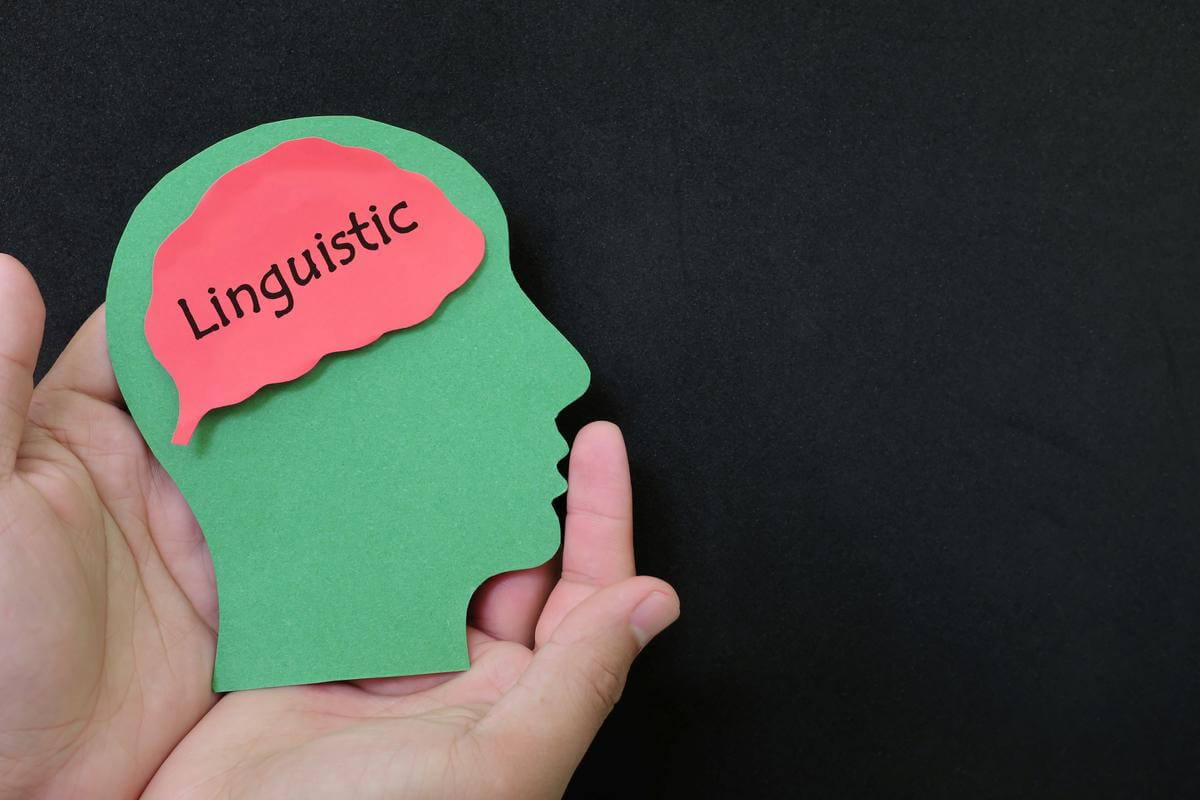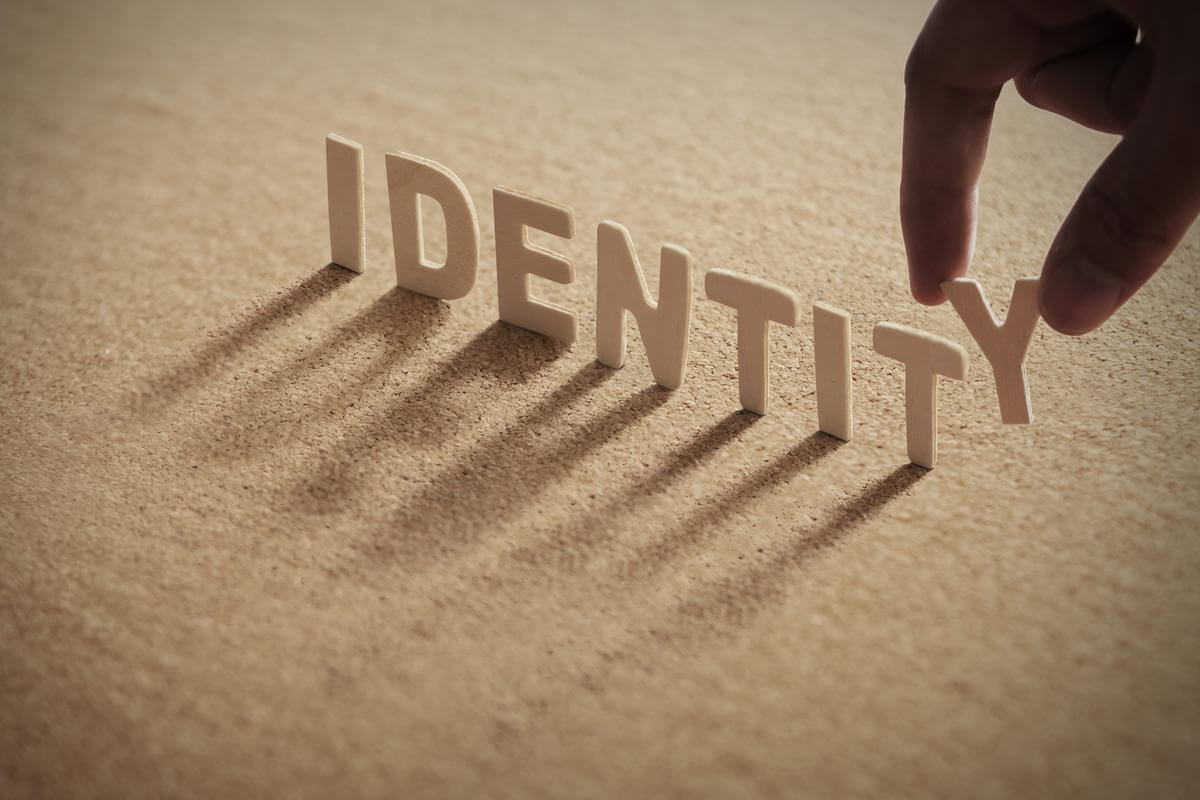
Language is an essential aspect of our everyday lives. It is an integral part of communication, whether for personal or professional interactions. But language is more than just a tool for exchanging information. It is also intricately tied to our identity. Think of how we identify each other by accents or slang. It is through language that we express our ideas, thoughts, and feelings. It is how we connect with others and build relationships. As such, language plays a critical role in shaping our social identities as well as our individual sense of self.
The Basics Of Linguistic Identity
Linguistic identity is a term used to describe how our language use reflects our sense of self. It is a type of social identity that is shaped by the language we use, how we use it, and with whom we use it. Our linguistic identity may be influenced by a range of factors, including our gender, ethnicity, race, social status, and geographical location.
Language As A Marker Of Identity
There are many ways in which language can be used as a marker of identity. One such way is through accent. Accents can reveal a great deal about a person’s regional background, class, and even their level of education. For example, a person who speaks with a scottish accent may be perceived as being from scotland. Similarly, a person who speaks with a posh british accent may be perceived as coming from an upscale background.

Another way language can be used as a marker of identity is through slang. Slang refers to a type of informal language that is often specific to a particular group, such as teenagers or people from a certain geographic area. For example, the use of the word “ain’t” is common in some parts of the southern united states, while the phrase “innit” is common in british english.
Multilingualism And Identity
Multilingualism refers to the ability to speak more than one language fluently. For many people, being multilingual is an essential aspect of their identity. It may be linked to their ethnic background, nationality, or the community in which they were raised. For example, a person who grew up speaking both english and spanish may identify as both american and mexican.
Being multilingual can also influence how we interact with different cultures and communities. It opens up opportunities for us to build relationships with people from different backgrounds and to experience different perspectives. Multilingualism also allows us to communicate more effectively in different settings, which can be advantageous in both personal and professional contexts.
Language And National Identity
Language is often intertwined with national identity. The language that a country speaks is, in many ways, a reflection of its culture, history, and social values. For example, english is the official language of the united states, while french is the official language of france.
In many countries, the language spoken by the majority of the population is the same as the official language. For example, in japan, the official language is japanese, which is also the language spoken by the majority of the population. However, in some countries, there may be multiple official languages or languages spoken by significant portions of the population. In switzerland, for example, there are four official languages: german, french, italian, and romansh.
Language And Ethnic Identity
Ethnic identity refers to an individual’s sense of belonging to a particular ethnic group. Language can play a significant role in shaping ethnic identity. For example, a person who speaks yoruba may identify strongly with their nigerian heritage and consider themselves a yoruba person.
Language can also be used to express resistance to dominant cultural norms. In quebec, canada, for example, many francophones (people who speak french as their first language) see their language as a way of maintaining their distinct cultural identity in a predominantly english-speaking country. There have been ongoing debates and tensions over language policy in quebec, with some advocating for french-only policies to preserve their francophone culture.

The Relationship Between Language And Cultural Identity
Language is often deeply intertwined with cultural identity. It is one of the primary ways in which we express and transmit cultural values, beliefs, and practices from generation to generation. Language can also be used to create a sense of belonging and unity within a cultural group.
For example, the use of certain words or phrases may be specific to a particular culture or community. In the hawaiian culture, the word “aloha” is used as a salutation, and it carries a deep cultural meaning that reflects the importance of connection, kindness, and love. Similarly, in the indian culture, the word “namaste” is used as a respectful greeting, and it reflects the importance of showing respect and honour for others.
Language And Gender Identity
Language can also be used to express gender identity. For example, gendered pronouns such as “he” and “she” are used to refer to individuals based on their gender identity. The use of gendered language is not limited to pronouns, but extends to other aspects of language use, such as job titles and forms of address.
The use of gendered language can also reflect societal norms and expectations. For example, in some cultures, women are expected to use more polite and deferential language than men. This can have an impact on how women are perceived and treated in society.

The Role Of Linguistics In Understanding Identity
Linguistics plays a critical role in understanding how language influences identity. Linguists use a range of methods to examine language use, acquisition, and change, as well as the social and cultural factors that shape linguistic identity. Some of the key research areas in linguistic identity include language acquisition, language contact, multilingualism, and language change.
Linguists can also examine the relationship between language and identity through the study of language ideologies. Language ideologies refer to the beliefs, values, and attitudes that people hold about language and language use. They can influence how people view their own linguistic identity as well as how they perceive the linguistic identity of others.
Language and identity are intricately linked. Our language use reflects our sense of self and helps us express our thoughts, feelings, and ideas. Language plays a critical role in shaping our social, cultural, and personal identities. As such, it is essential to continue exploring this complex and fascinating relationship through ongoing linguistic research and analysis.
